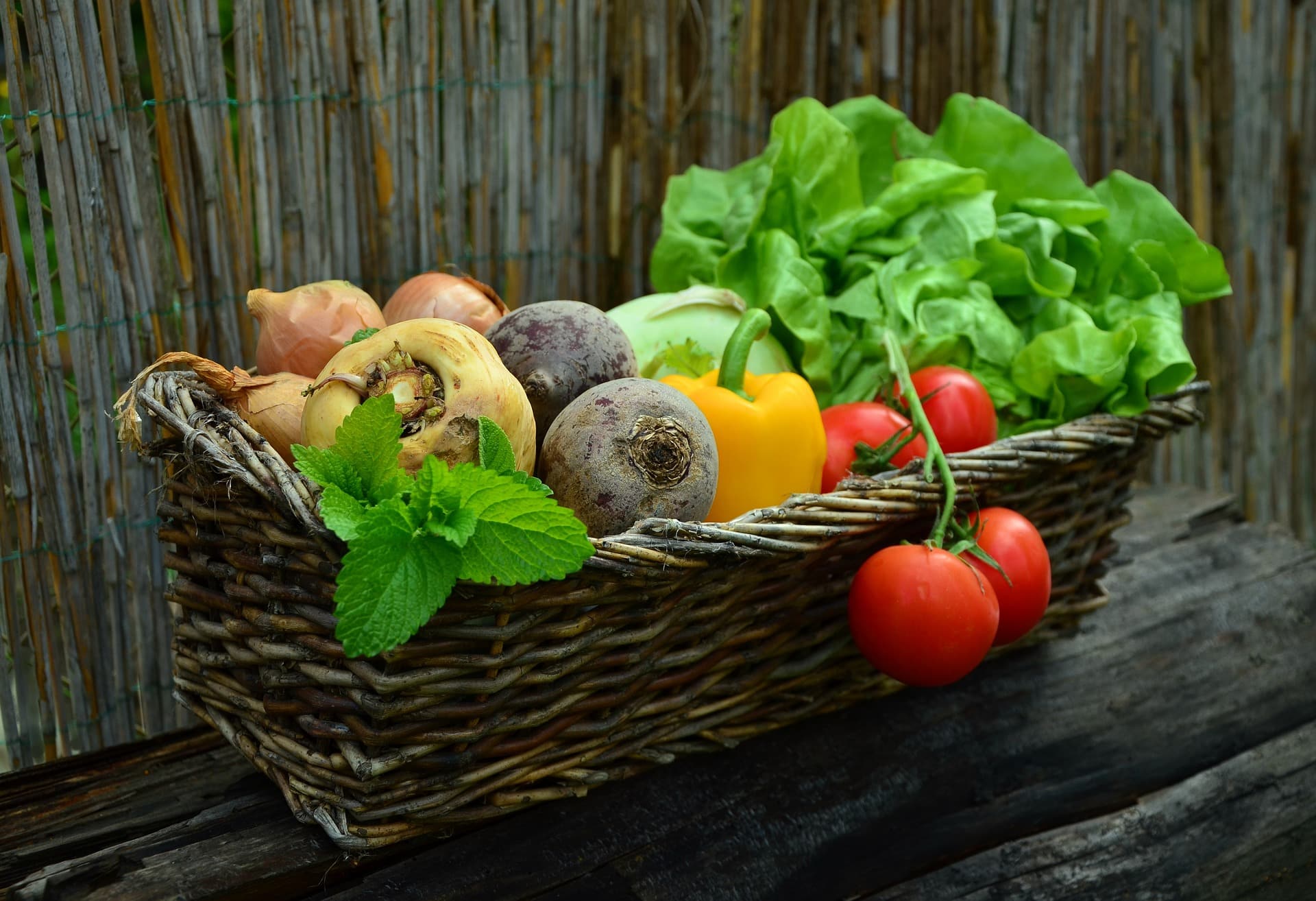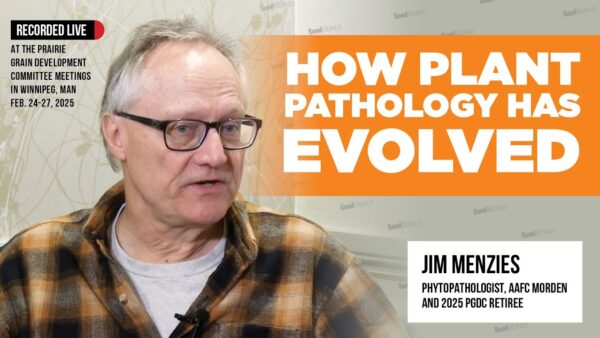Due to the coronavirus crisis, vegetable growers and processing companies in countries such as the UK, Spain, Italy and Germany are looking to accelerate their transition to mechanical harvesting. Although the biggest focus is on leafy vegetables, growers of other crops are also interested in increasing the level of automation, according to interviews conducted by vegetable breeding company Rijk Zwaan among its European chain partners.
As Europe emerges from the first phase of the coronavirus crisis, Rijk Zwaan was keen to take stock of the situation. The vegetable breeding company asked its European chain partners – from growers to retailers – about the impact of the crisis on their business and their expectations for the future. The company supplemented the responses with insights from organisations such as Rabobank, Edge by Ascential and Nielsen as well as the expertise of its own crop and market specialists. Rijk Zwaan is sharing all the relevant findings with its customers to help them respond to the changes in the fresh supply chain.
High demand for commodity vegetables
It’s not all bad news, however. According to the retailers and wholesalers interviewed by Rijk Zwaan, sales of fruit and vegetables increased by an average of 20% to 40% during the lockdown. During the panic-buying phase, so-called commodity vegetables and products with a long shelf life – such as iceberg lettuce, peppers, tomatoes on the vine and frozen spinach – were in particularly high demand. There was a temporary dip in demand for vegetable specialties, ‘on the go’ salads and melons, partly caused by the sudden collapse of foodservice sales, but these products gradually recovered. Having initially reduced their number of stock keeping units (SKUs), retailers indicate that these are returning to previous levels now that the European lockdown situation is easing.
Heightened interest in fresh and healthy
The study identifies future opportunities for the entire fresh supply chain. There has been a significant increase in consumer interest in fresh and healthy home cooking, and people actively searched for new recipe ideas during the lockdown. The Love My Salad consumer platform attracted three times as many visitors as normal and an aubergine booklet achieved a huge number of downloads. During the coronavirus outbreak, media channels regularly highlighted the importance of a healthy lifestyle and the benefits of eating fruit and vegetables. Research by Rabobank predicts that ‘fresh & healthy’ and ‘home cooking’ will both remain important consumer trends in the future, as will ‘local for local’ and new sales channels such as online and recipe box schemes.
Consumer growth in online, local and organics
Unsurprisingly, online sales peaked during the coronavirus lockdown; European retailers saw increases of 30% to 50% in their online channels. At times, grocery chains – and also suppliers of home-delivery box schemes – struggled to keep up with demand. There was a general rise in locally grown and organic produce, sometimes straight from the farmer. This was partly because consumers took a keener interest in product origins and cultivation methods, and partly due to their desire to support local businesses. Experts predict that some of the extra sales from the online channel, box schemes and local/organic produce will be sustained after the crisis.












